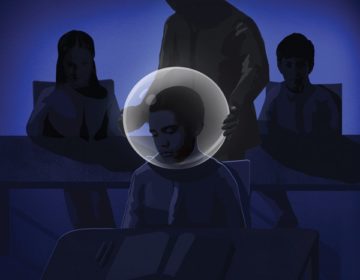Roxanne Khamsi in Nature:
 Just before Thanksgiving in November 2005, paediatrician Ruchi Gupta gathered some parents of children with food allergies in an office building. She aimed to collect data on their knowledge and beliefs about allergies, but the conversation quickly turned emotional. One parent described how her family wouldn’t be joining the big Thanksgiving gathering because of her son’s allergy. “She started crying and she was very emotional about it, and said they were just going to do Thanksgiving on their own,” recalls Gupta, director of the Center for Food Allergy and Asthma Research at Northwestern and Lurie Children’s Hospital in Chicago, Illinois. “The whole focus group became pretty intense and tissue boxes came out.” The meeting was planned to last an hour, but people stayed well into a third. Other parents opened up about their distress. “They started talking about their experiences in every realm of life: people who didn’t believe them, even in their own families. A lot of times the grandparents would say, ‘Oh, you’re just over-protective. We didn’t have this in my day’.”
Just before Thanksgiving in November 2005, paediatrician Ruchi Gupta gathered some parents of children with food allergies in an office building. She aimed to collect data on their knowledge and beliefs about allergies, but the conversation quickly turned emotional. One parent described how her family wouldn’t be joining the big Thanksgiving gathering because of her son’s allergy. “She started crying and she was very emotional about it, and said they were just going to do Thanksgiving on their own,” recalls Gupta, director of the Center for Food Allergy and Asthma Research at Northwestern and Lurie Children’s Hospital in Chicago, Illinois. “The whole focus group became pretty intense and tissue boxes came out.” The meeting was planned to last an hour, but people stayed well into a third. Other parents opened up about their distress. “They started talking about their experiences in every realm of life: people who didn’t believe them, even in their own families. A lot of times the grandparents would say, ‘Oh, you’re just over-protective. We didn’t have this in my day’.”
Gupta decided that this was no coincidence; people with food allergies, and their families, needed more mental-health support. She conducted six more focus groups over the next six months, before publishing a paper detailing some of the anxiety felt by parents of children with food allergies1. It described how parents experience “emotions of fear, guilt, and even paranoia”. In the years since, she has continued to research the effects of food allergies on families, and last year published an analysis of available mental-health resources2.
More here.
